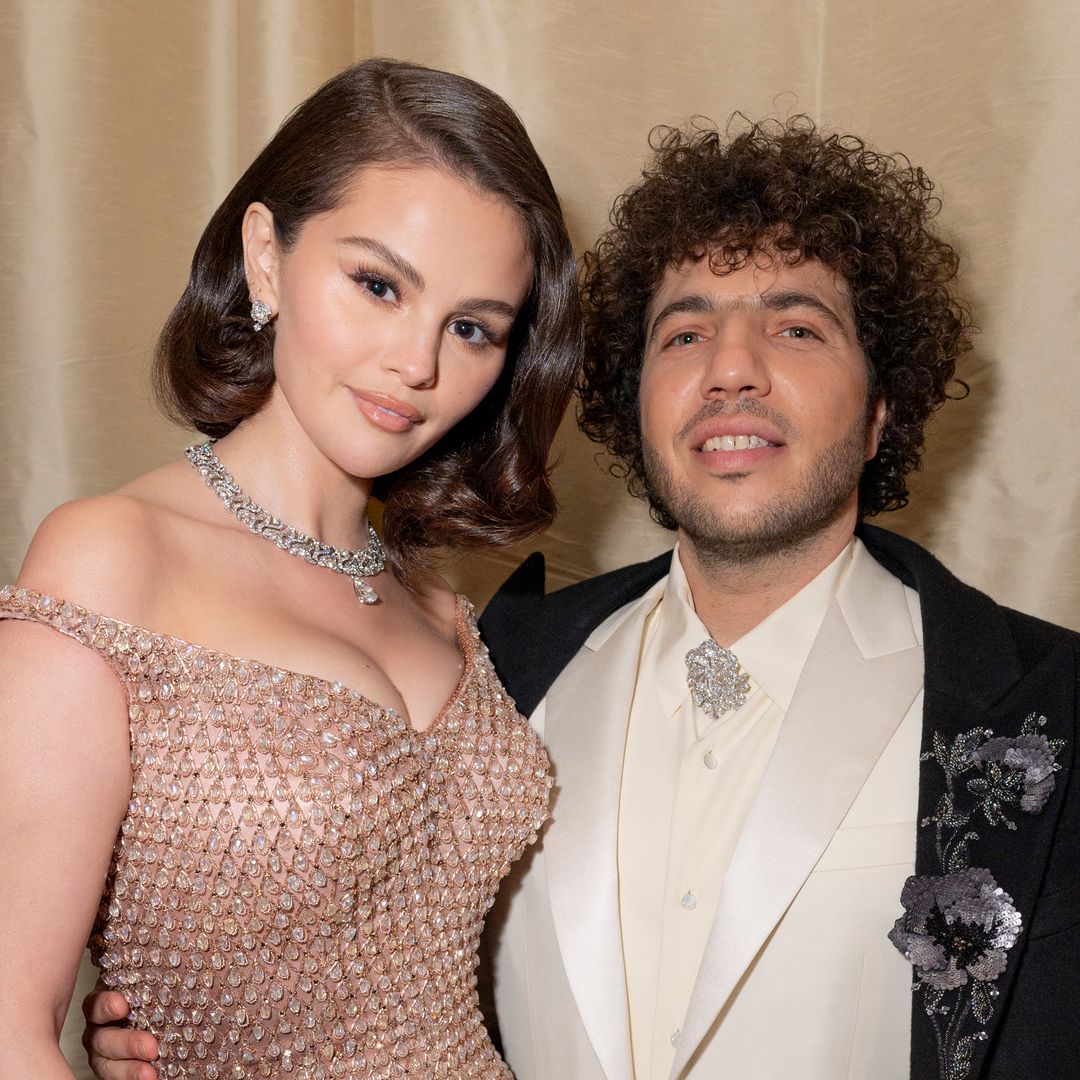In recent years, the term 'Latinx' has begun to gain in popularity among Hispanics living in the United States. Those adopting the word use it as an umbrella term for anyone identifying as part of the Latino community, whether male, female, transgender or non-binary, since it's part of a movement that seeks to be more inclusive of all members of the expansive community.
According to the BBC, the term 'Latinx' seeks to end the gender definition implicit in words like 'Latino' and 'Latina,' in addition to eliminating the masculine bias of the plural 'Latinos.' Some people are keen to see the term enter everyday, colloquial speech since it adds to the current debate around inclusive language at a time when awareness of the definitions of gender and sex is still in its infancy.
There are no official records as to the word's origins, or who first identified as Latinx. However, some say the term was born in the corridors of certain US universities, while others attribute it to feminist groups and the LGBTTIQ community.
Dictionaries like Oxford and Cambridge have admitted the term, defining it as people who live in the United States and have Latin American roots. On the other hand, The Real Academia Española omitted it from the Libro de estilo de la lengua española, though it did include the words “wasapear” (to use WhatsApp) and “yutubero” (YouTuber).
The term 'Latinx' doesn't have an established pronunciation either: while some Spanish-speakers say 'látinex,' others pronounce it 'latinéx'. Though a relatively new term, it's becoming more widely used. However, language experts consulted by the BBC consider it to be more common in school, academic and activist environments than in everyday speech.
So how many Latinos are there in the United States?
The last census showed there are almost 60 million Latinos in the United States, representing approximately 18% of the total population. This study was conducted by the Pew Research Center and is based on statistics from the United States Census Bureau for the years 2010, 2015 and 2017 of the American Community Survey.
,type=downsize)






